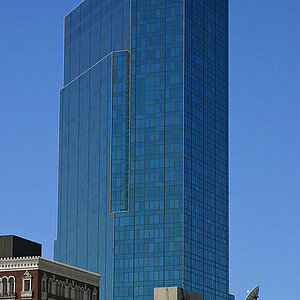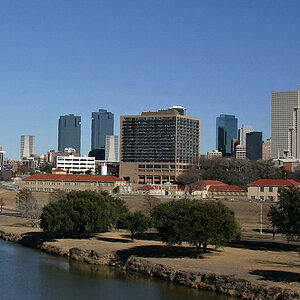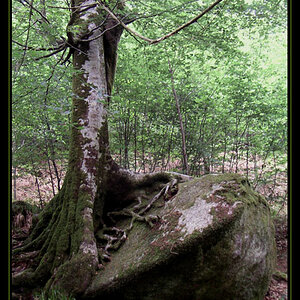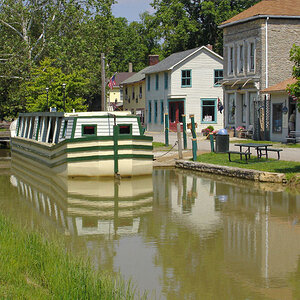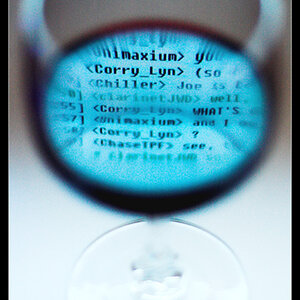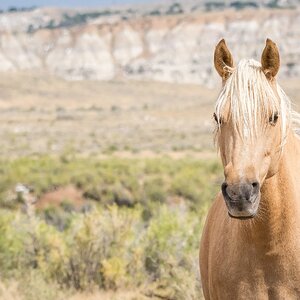- Joined
- May 1, 2008
- Messages
- 25,422
- Reaction score
- 5,003
- Location
- UK - England
- Website
- www.deviantart.com
- Can others edit my Photos
- Photos OK to edit
How often I look depends on the situation.
If its changing lighting where I or the subject is shifting in lighting conditions then I'm more apt to look at it more often to ensure that I'm shifting the exposure just enough to ensure that I'm getting enough light without overexposing. It's also good as a quick check of frame coverage.
That said there are many situations where you just don't have the time or its not practical and you have to judge that for yourself. It's a balancing act where if you use the histogram on the back of the camera you want to check; but you also have to balance that against keeping your eye in the viewfinder ready for the next shot.
If its changing lighting where I or the subject is shifting in lighting conditions then I'm more apt to look at it more often to ensure that I'm shifting the exposure just enough to ensure that I'm getting enough light without overexposing. It's also good as a quick check of frame coverage.
That said there are many situations where you just don't have the time or its not practical and you have to judge that for yourself. It's a balancing act where if you use the histogram on the back of the camera you want to check; but you also have to balance that against keeping your eye in the viewfinder ready for the next shot.




